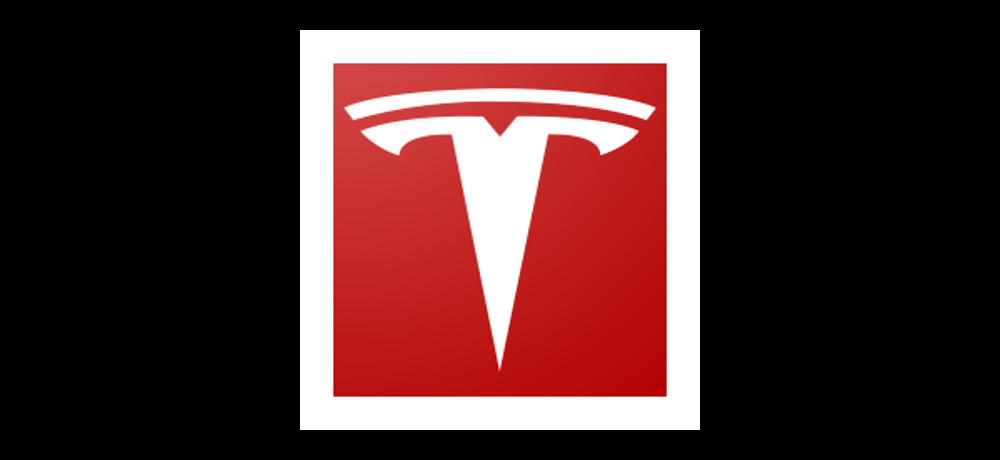Buy now, pay later (BNPL) apps such as Affirm, Klarna, and Sezzle are tightening credit standards to prioritize profitability over growth amid higher interest rates and recession concerns. Customers have reported unexpected denials or lower spending limits while attempting to make purchases. The BNPL companies, which market themselves as a transparent, accessible alternative to credit cards, have seen loans increase from $2 billion in 2019 to $24.2 billion in 2021 but have yet to make an annual profit.
Regulators and consumer advocates have warned that BNPL plans might encourage consumers to take on too much debt and lead to a pattern of overspending with sustained use. BNPL providers have had to slow down lending more than traditional lenders because they need to borrow from other lenders and investors to make loans. The Federal Reserve's interest rate hikes have made it harder to offer consumers zero-interest installment plans.
In response, companies have started cutting costs and getting pickier to avoid future loan losses. The delinquency rate of BNPL plans for borrowers aged 18-24 has been rising, reaching a high of 5.7% in 2021, while the average delinquency rate for consumer loans tracked by the Federal Reserve was below 2%. New customers with lower credit scores and existing customers with a history of late payments are more likely to be rejected.
Affirm began implementing tougher credit requirements about a year ago and has stepped up scrutiny several times since, at the expense of hitting some of its growth targets. The percentage of Affirm transactions that include interest fees rose to 67% in the most recent quarter, displacing the 0% transactions the company helped popularize. Other companies like Sezzle have also launched services like Pay-in-Full to help lower transaction costs and avoid loan losses.


